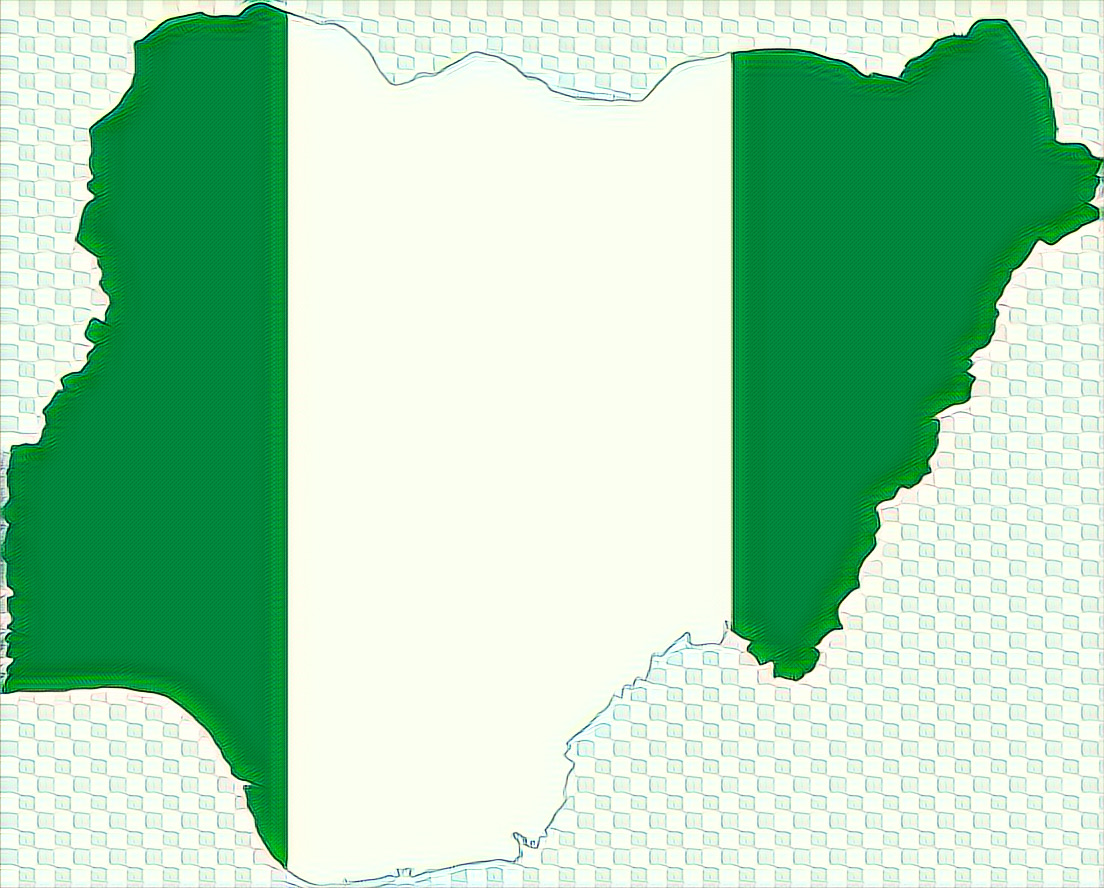Nigeria’s 30-year bonds have become the most sought-after debt instruments in the country, as investors are eager to lock in the highest yields in Africa. The long-term debt attracted more than three times the amount offered at an auction on Monday, while shorter-dated bonds were less popular.
The demand for Nigeria’s long bonds reflects the attractive returns they offer in a low-interest environment globally. The 2053 bond was sold at a yield of 18%, the highest since it was first issued in 2018. By comparison, the average yield for 30-year bonds in sub-Saharan Africa was 8.6% as of November 12, according to Bloomberg Barclays indexes.
Nigeria’s bond market has been under pressure this year, as the country faces a fiscal crisis due to rising debt service costs and dwindling revenues. The government has resorted to borrowing from the central bank and the domestic market to finance its budget deficit, which is projected to reach 5.6% of GDP in 2023. The country’s total public debt stood at 46.3 trillion naira ($364 billion) as of June 2023, equivalent to 35.5% of GDP.
The high borrowing costs have also deterred foreign investors, who have reduced their holdings of Nigerian bonds from 11% in January 2020 to 4.6% in September 2023, according to the Debt Management Office. The naira, Nigeria’s currency, has depreciated by more than 20% against the dollar this year, as the central bank has devalued it twice to align it with the market rate.
However, some analysts believe that Nigeria’s long bonds offer a good opportunity for investors who are willing to take the risk. They argue that the country has a low debt-to-GDP ratio compared to its peers and that its economic outlook is improving as oil prices recover and the coronavirus pandemic eases. They also expect the central bank to keep its benchmark interest rate at 11.5% until next year, which would support the bond market.
“Nigeria’s long bonds are attractive for investors who have a long-term horizon and can stomach the volatility,” said Omotola Abimbola, a fixed-income analyst at Chapel Hill Denham, a Lagos-based investment bank. “The yields are high enough to compensate for the currency risk and the inflation risk.”
Nigeria’s inflation rate, which hit a 13-year high of 26.7% in September, is expected to moderate in the coming months, as the base effects of the fuel subsidy removal and the exchange rate adjustment wear off. The World Bank projects that inflation will decline to 25% by the end of 2023 and to 19.5% by 2024.
Nigeria’s long-term bond investors are also betting on the government’s ability to implement structural reforms that would boost economic growth and fiscal sustainability. The government has recently launched a revised capital market master plan, which aims to deepen the domestic bond market and diversify the sources of funding. The government has also secured a $750 million loan from the World Bank to support its power sector reform and improve electricity supply.
“Nigeria has a lot of potential to grow its economy and improve its fiscal position if it can implement the necessary reforms,” said Razia Khan, chief economist for Africa and the Middle East at Standard Chartered Bank. “The long-term bond investors are taking a view that Nigeria will eventually get there.”
Source: Bloomberg


